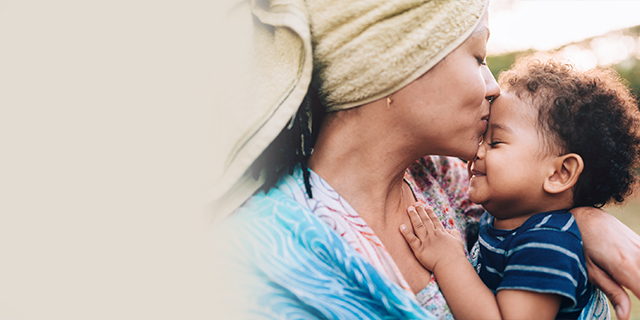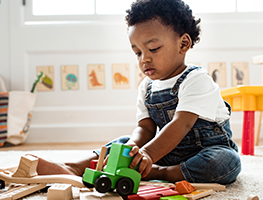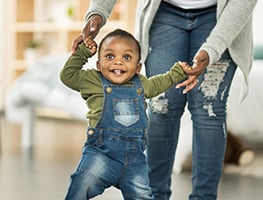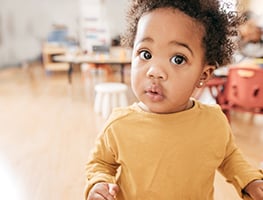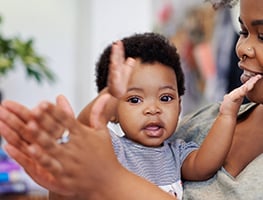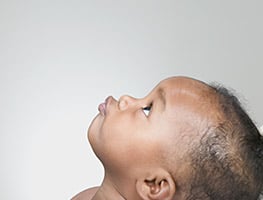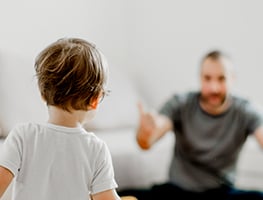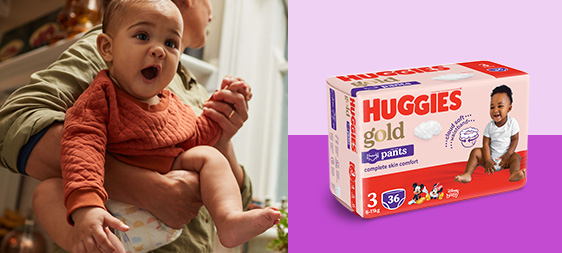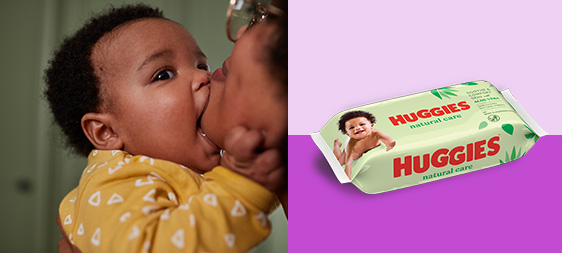The toddler years are full of excitement and change, and have a huge impact on a child’s growth and development. All that they feel – emotionally, physically and mentally – will have a lasting effect on them right through to their adulthood.
Every toddler is different, but most will go through a crying and tantrums phase, some form of separation anxiety and sibling relationship changes.
Remember to keep reinforcing the good things your little one does and stick to a familiar routine in their learning and behaviour.
Crying toddler
When your baby becomes a toddler, different things will make them cry depending on how much sleep they’ve had, or whether they are hungry or in a grumpy mood. In fact, just about anything may set off the crying.
It’s best to try and address the problem before things spiral out of control. Offering a positive alternative or distraction can head the tears off at the pass, and help them to move on to another thought or activity with minimal protest.
There are many reasons why toddlers tend to cry:
Distress from fears, such as the dark, animals, or strangers
Anxiety and frustration as toddlers try to get the right sort of attention from you or want something
When they hurt themselves
There are a few things you can do to dry up those tears:
Stay calm while your toddler is having a tantrum or crying (getting upset yourself will likely cause more distress for both of you).
Make sure your toddler is safe and remove any harmful objects around them.
Try ignoring your toddler if it is an attention-seeking tantrum, as encouraging bad behaviour in the long-term is not good practice
Give them a cuddle afterwards, when they have calmed down, to reassure them that you love them
Sibling relationships
Depending on the age of your toddler, you may or may not directly tell them about the impending birth. If they are under 18 months, they may not fully understand the implications of having a younger brother or sister.
Some parents wrap a small gift for their toddler and place it in the baby’s hospital bed so the baby can “give” him or her the present. Or have small gifts for every day that your toddler visits, so they don’t feel that the baby is getting everything.
Toddlers love to help! Include your child in the tasks involved in caring for their baby brother or sister – at the same time teaching them what is appropriate behaviour around baby. Your toddler may see the new family member as an imposition at times because mom and dad’s attention is taken away from them. So, as parents, it is important to make sure that you spend some individual quality time teaching them about sibling relationships while doing other fun things together.
Remember to resist the temptation of playing siblings up against each other. Don’t favour one over the other. Make sure you let each of your little ones know how much you value their own unique strengths and talents.
Keep in mind that even the most passive and sensitive toddler is likely to succumb to jealousy at some stage, after the arrival of the new addition to the family. Don’t assume that things have to be equal in order to be fair, as it can become a frustrating juggling act that may end in tears! Don’t tolerate put-downs and insults between siblings, and put a stop to that sort of behaviour as soon as it arises.
Kids’ self-esteem
When your children are young, you play a very important role in helping to foster your children’s self-confidence and self-esteem. After all, you are responsible for their day-to-day care, for nurturing their skills and emotional development, and for giving them love and support.
Remember to give them positive, realistic messages about themselves. Use the power of praise and model self-confidence. All parents want their children to feel good about themselves, after all, children with higher self-esteem perform better in school, and in general are more confident in life!
Separation anxiety
As your baby gets older they develop a sense and connection to objects. This is how they know when parents and objects such as toys are around or not, which leads to separation anxiety. There are times when you will need to leave their side for various reasons like going to sleep, visiting Grandma’s, staying with a babysitter or leaving them at day care. Be mindful that this is when toddlers can feel uncomfortable and react.
Young children quickly realise that their parents are not with them, and may become worried that they will never return, or will not be there when they need them. This is often why toddlers scream during the night. They require reassurance that mom and dad are still around to comfort them.
It is important that you try not to get upset or be angry at your child’s behaviour. Keep your own emotions in check. To alleviate their worry, talk about the event ahead of time and do not draw out ‘good-byes’ – it is important that you leave your little one without creating a scene. Often a transitional object, such as a teddy bear or a safety blanket, will help them feel safe and comfortable when you are not around.

